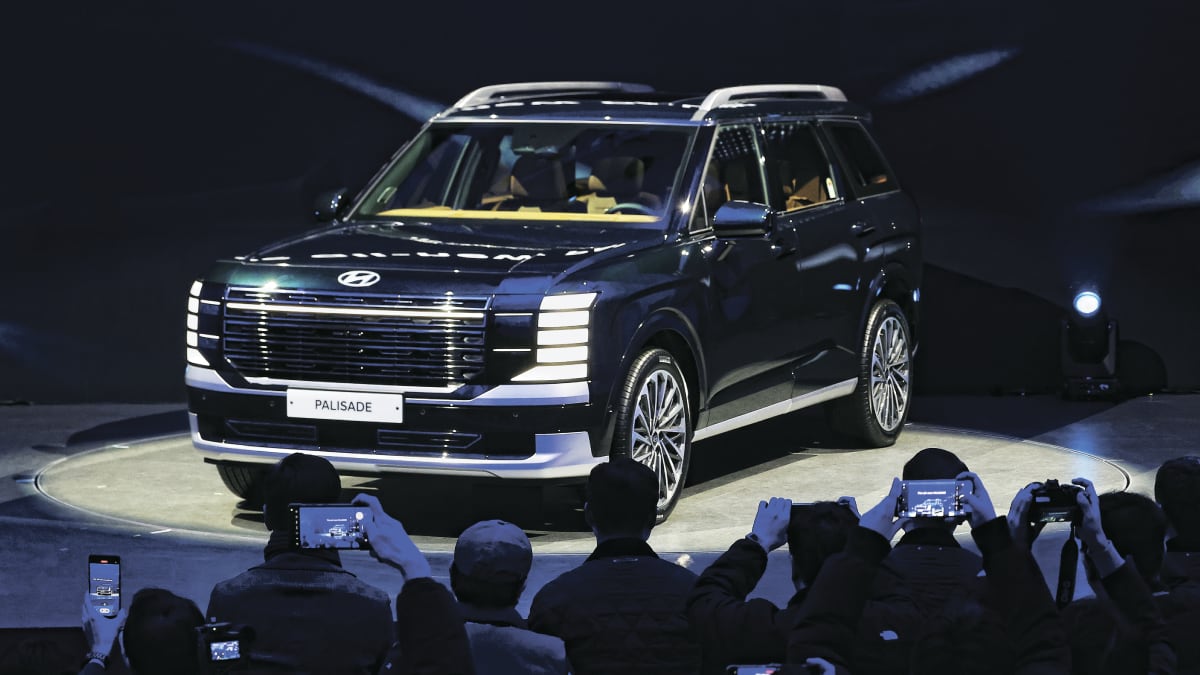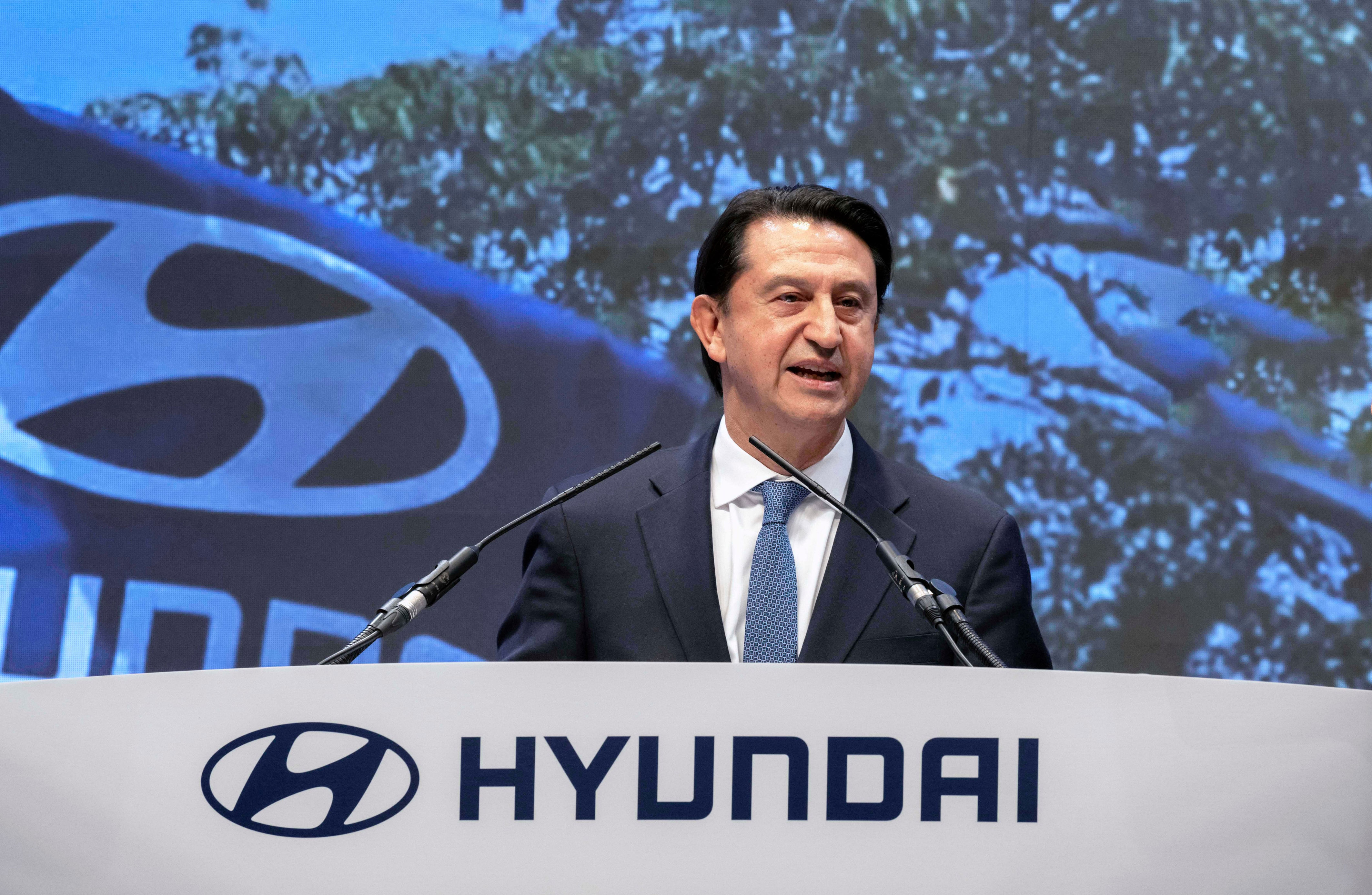
On March 20, Hyundai Motor Co.'s CEO, José Muñoz, revealed that the corporation intends to allocate $90 billion over the coming ten years for the creation of 21 new EV models along with an expansion of their hybrid range.
This decision follows other international car manufacturers who are reducing their expenditures on electric vehicles due to ongoing market sluggishness, indicating Hyundai’s dedication to strengthening its position at the forefront of the electric vehicle industry.
Muñoz stressed the company's plan to consistently broaden the Ioniq series as a way to attain higher levels of economic scalability. Additionally, he underscored initiatives aimed at cutting down battery expenses, boosting overall effectiveness, and increasing vehicle range capabilities.
Muñoz committed to tackling problems like the downturn in the electric vehicle market and worsening worldwide trade circumstances directly.
In the previous year, Hyundai saw drops in both operating profit and global sales after four consecutive years of growth. This year, the automaker also confronts considerable uncertainty in its biggest international market, the U.S., as a result of possible tariff implications.
The company is particularly worried about the slow domestic demand in South Korea and declining sales across most international markets with the exception of the United States. Additionally, the swift expansion of China’s electric vehicle sector, wherein Hyundai holds roughly a 1% market share, presents further difficulties.
As reported by SNE Research, China accounted for 65.9% of global electric vehicle sales last year, marking an increase of roughly six percentage points compared to the prior year. In contrast, the market shares of Europe (17.6%) and the United States (10.4%) each saw a decrease during this period.

To address these issues, Muñoz proposed a plan to streamline operations by geographic area with the aim of boosting market presence and enhancing profit margins. This approach involves adeptly adapting to differing regulatory environments and market dynamics, customizing manufacturing processes locally, and broadening suppliers for components to refine the overall supply chain efficiency.
In the United States, Hyundai intends to reduce tariff risks by boosting domestic manufacturing. According to Muñoz, the company is setting up Hyundai Motor Group Metaplant America (HMGMA) in Georgia, where they plan to adopt a flexible production approach capable of incorporating hybrid vehicles. He believes this localized strategy for Hyundai in the U.S. positions them well to respond adeptly to potential shifts in regulatory policies.
Concerning the rapidly growing electric vehicle (EV) sector in China, Muñoz disclosed intentions to introduce a new EV tailored explicitly for the Chinese market soon. This move will represent Hyundai’s inaugural model dedicated solely to this region.
This year, Hyundai intends to launch ten new models, among which will be the 'Palisade Hybrid,' marking their initial offering featuring twin engines. According to Muñoz, as they spearhead the shift towards electric vehicles, Hyundai remains committed to investing in hybrids, range-extended electrics, and hydrogen fuel cell cars to cater to various customer preferences.
The firm strives to continually offer high-quality items equipped with sought-after technologies alongside exceptional buying experiences. It’s worth noting that Hyundai started selling vehicles on Amazon in the United States towards the end of last year, marking the first time an automobile manufacturer has done so. The company also intends to include additional dealerships in this initiative moving forward.
In response to worldwide market instabilities, Hyundai is broadening its collaborative efforts with international firms. The corporation has committed to providing its electric vehicle 'Ioniq 5' for Waymo's self-driving taxi services and will join forces with General Motors (GM) on advancing and manufacturing vehicles. Muñoz highlighted that via these global alliances and tight coordination with subsidiaries, Hyundai aims to lower expenses related to logistics and financial operations.


Post a Comment